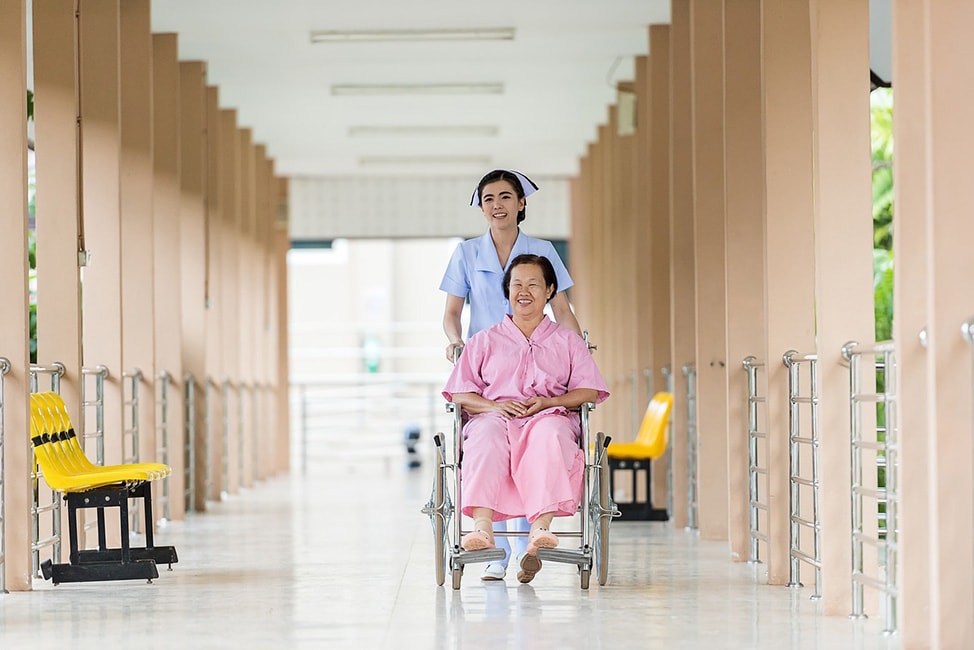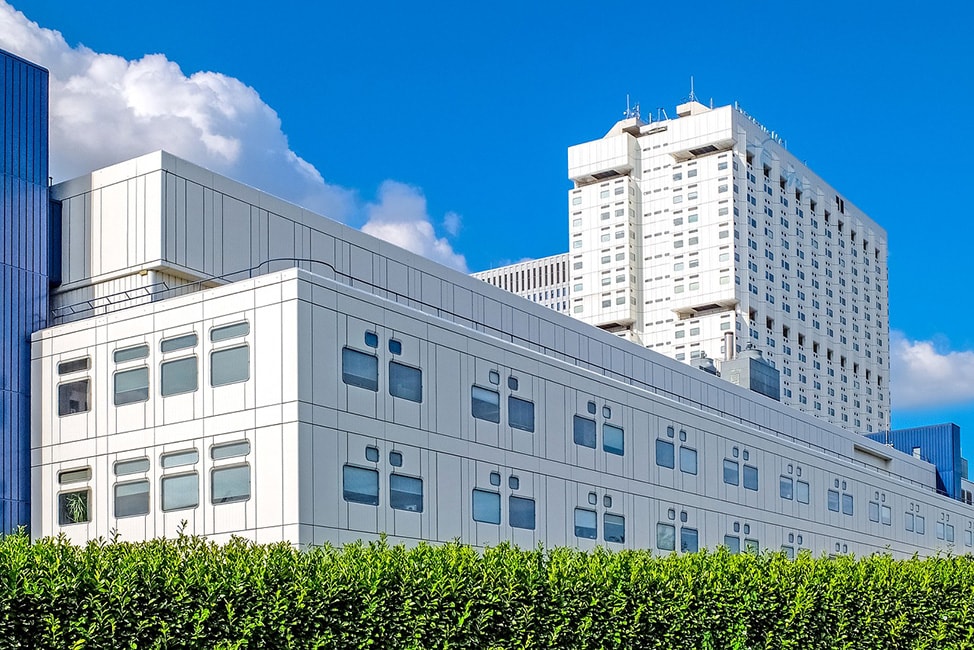What is healthcare like in China?
That was one of our first questions when we arrived as expats in Shenzhen, China. Figuring out a new healthcare system is always challenging for expats, because every country does things just a little bit different. We adjusted to one new system, in the UK, so we knew going in to expect another big change.
The healthcare system in China is complex, having gone through massive changes since the 1970s. Under Chairman Mao, healthcare was provided by the government, free universal healthcare for everyone, albeit at relatively basic level of care. When China opened its doors in the early 1980s, there were shifts across all aspects of the economy, healthcare included. Universal healthcare was scrapped for a more free-market system in 1984, resulting in a rapid decline in coverage, from 100% to as low as 7% in rural areas by 1999.
China shifted again in the 1990s over concerns about the quality of care and affordability of medical procedures. The country introduced employer-based health insurance, not unlike what is offered in the US. There is also a public scheme for the unemployed, retired and dependents that covers most people outside of the work force, and a special program for rural residents. Currently, about 98% of the population is covered by insurance.
The Basics
Urban Employment-Based Basic Medical Insurance
Established in 1998, the urban employment-based basic medical insurance is funded mainly through payroll taxes, with minimal government funding. The insurance is mandatory in all cities, and covers only the employee, not any dependents. On average, employers pay about 6% of salaries into the scheme, while employees contribute 2% of their salaries. The revenue collected is deposited into the medical savings account (MSA) and the social pooling account (SPA). MSA covers outpatient and emergency services, as well as prescription drugs, while SPA covers inpatient services.
Basic Medical Insurance for Urban Residents
This policy covers everyone in urban areas, including students, unemployed family members and children of employees, and the unemployed. It just launched nationwide in 2010 after a trail period in some pilot cities. It is paid for by premiums paid by participants and some government funding. The government will also subsidize the program for low-income families, disabled students, and young children.
Rural Cooperative Medical Insurance
After the outbreak of SARS in 2003, the Chinese government renewed their focus on adequate healthcare for rural residents, who had suffered since the major economic reforms in the early 1980s. Now, the Rural Cooperative Medical Insurance program covers over 90% of rural residents. Enrollment is voluntary, and is paid for by a combination of policy premiums and subsidies from both the local and national government. It provides partial coverage for medical procedures and drug expenses.

The Costs
The China healthcare system, regardless of what scheme you are enrolled in, does not cover all out-of-pocket expenses. Doctor visits, specialist appointments, medical procedures and prescription drugs have deductibles and copays, and insurance covers about 60-80% of the cost in most cases. What individuals pay changes city to city, because pricing is not determined by the Ministry of Health, but by each city or region of residence.
It’s difficult to find actual prices for procedures based on the varying costs geographically, but we’ve heard anecdotally that having a baby in Shenzhen at a “good” public hospital costs about $800USD, for all pre and post-natal care as well as a non-C section hospital stay. Basic consultations at a public hospital can cost as little as a few RMB to as much as 150 RMB (about $20USD) at larger public hospitals in the major cities or at private hospitals, which includes registration, treatment, medicine, and tests.
Prices can dramatically increase when people travel outside of their home region. Instead of covering 60-80% of the cost, insurance may only cover 30% for out-of-network care. There is also no annual limit on out-of-pocket spending, so the liability for individuals is not capped.
What Happens When Someone Is Sick
In general, when someone gets sick, they go to the hospital. There, they can see a general internist or a specialist if they need to. While the GP often acts as a gatekeeper for patients seeking appointments with specialists in other countries, the role of the GP in China is minimal. Most GPs work in hospitals rather than smaller clinics, with the exception of rural areas, where village doctors play a larger role.
Hospitals themselves can be either be public or private. The public hospitals, especially for foreigners, can be a bit of a cultural adjustment. These extremely efficient institutions are not known for their bedside manner, and waiting rooms are crowded, lines are long, and treatment is brusque. It doesn’t help that many patients seek treatment at the hospital for even minor issues like colds, rather than seeking out smaller clinics. Most staff don’t speak a second language well, so foreigners are advised to bring someone along who speaks Chinese and can communicate with the staff. You may also find that some hospitals offer traditional Chinese medicine as an alternative to Western treatment. If that sounds intriguing, check out this article about a Chinese medicine clinic in Beijing.
In most cities, there are also private hospitals, many of which cater to Western residents and higher-income individuals. These hospitals typically have staff that can speak multiple languages, and provide a more typical Western-style experience. Private hospitals are more likely to have state-of-the-art equipment. The downside is that the cost of any procedure is significantly higher than at public hospitals.

Expat Health Insurance
It is highly recommended that expats explore private insurance options in addition to those provided by employers as part of a standard employment contract.
The best expat health insurance plans often cover whatever employer-based insurance does not, meaning most medical appointments and procedures require no out-of-pocket expense, or very minimal cost. Some may even include access to doctors and hospitals in other areas, like Hong Kong. In case of a major medical situation, if treatment is not available locally, expat health insurance policies can include evacuation expenses, and coverage in a person’s home country.












